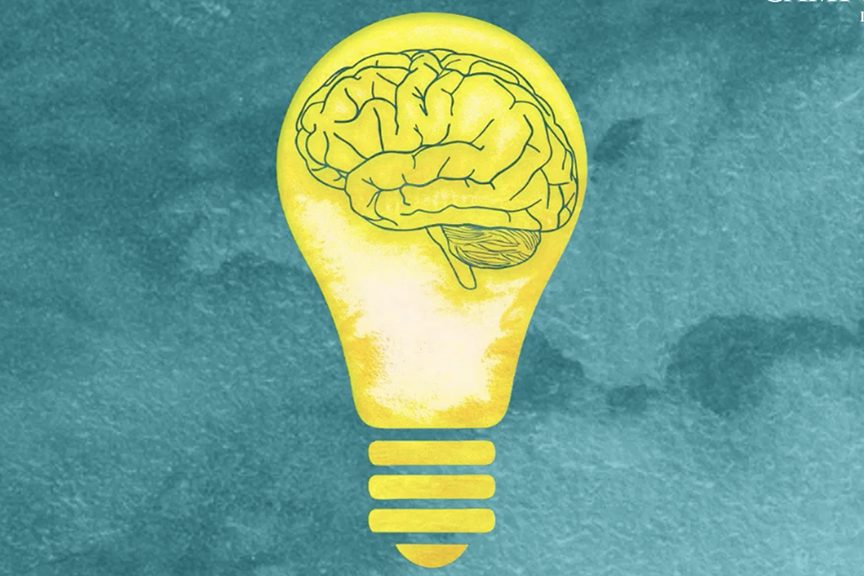By Eric Schoenberg, PhD | Contributor
While I am neither a therapist nor a counselor, I have studied and taught courses about human behavior for over three decades, and have a particular interest in students in higher education due to my roles as a Professor at Columbia University and a Director of CampusWorks, a trusted professional partner to institutions of higher learning across the country. I recently prepared a few brief thoughts for students, faculty and staff…and anyone else, for that matter… about improving mental health during troubling times. Please note that this is not meant to replace any help you may need from a professional counselor or physician. Here are my personal pearls of wisdom, and I hope any or all of these ideas help you as you navigate life in a pandemic.
1. Take a hike.
I can guarantee you that exercise improves your physical health — and if you’re worried about getting COVID-19, there is also zero doubt that better health both reduces your likelihood of getting the disease and its severity if you do get it. There’s plenty of evidence that exercise reduces stress and improves your sleeping patterns, too.
Now, I know many gyms are still off-limits, but here’s the other great thing about exercise: Studies have shown that simply walking at a brisk pace for 30 minutes or more on most days can lead to significant health improvements. The exercise doesn’t need to be athletic or difficult. Walking is easy, it doesn’t require any expertise or equipment, and it gets you out of the house, to boot. Add simple strengthening exercises two or three times a week and the benefits are even greater.
I’ll bet many of you have quite lovely places to walk, but if you find walking boring, I recommend any of the excellent podcasts you can get for free.
[Try these podcasts: Against the Rules, Cautionary Tales, The EdUp Experience, Hardcore History, A History of the World in 100 Objects, In Our Time: History, and Revisionist History]
2. Do me a favor.
Well, not me specifically, though feel free if you really want to. But do someone a favor because an increasing body of research suggests that the old adage is really true: it is better to give than to receive. Experiments suggest that people who are told to spend money to help others report higher levels of happiness than people who are told to spend money on themselves, and a recent study even found that the first group had lower blood pressure two years after the experiment had ended!
And here’s something else about doing people favors that will make you happier: those people will like you more! Sounds like a real win-win to me.
3. Say a little prayer…
…of gratitude, that is. Because feelings of gratitude turn out to be a psychological wonder drug, beneficial in lots of different ways. Let me offer three of them:
• First, and most relevant, feelings of gratitude help people cope with stress and trauma; those who are regularly grateful are less likely to have traumatic memories, and they are less intense if they do appear
• Second, feelings of gratitude appear to reduce negative emotions like anger, bitterness and guilt.
• Third, grateful thinking promotes the savoring of positive life experiences.
Now, you can experience gratitude in a number of ways: just thinking about gratitude may do the trick, but you can also keep a daily gratitude journal. Or you may want to go the whole way and actually tell someone how grateful you are for them.
About Eric Schoenberg, PhD:
Adjunct Associate Professor, Columbia University

Dr. Eric Schoenberg conducts research on the psychology of money and asset market bubbles and has taught behavioral economics, decision making, and leadership at Columbia Business School, Wharton School of the University of Pennsylvania, NYU’s Stern School of Business, and the Haas Business School of the University of California at Berkeley. Dr. Schoenberg holds a PhD in Psychology from Columbia University, an MBA from the Wharton School, where he was a Palmer Scholar, an MSE in Computer and Information Science from the University of Pennsylvania, and an AB in Biology from Harvard.


